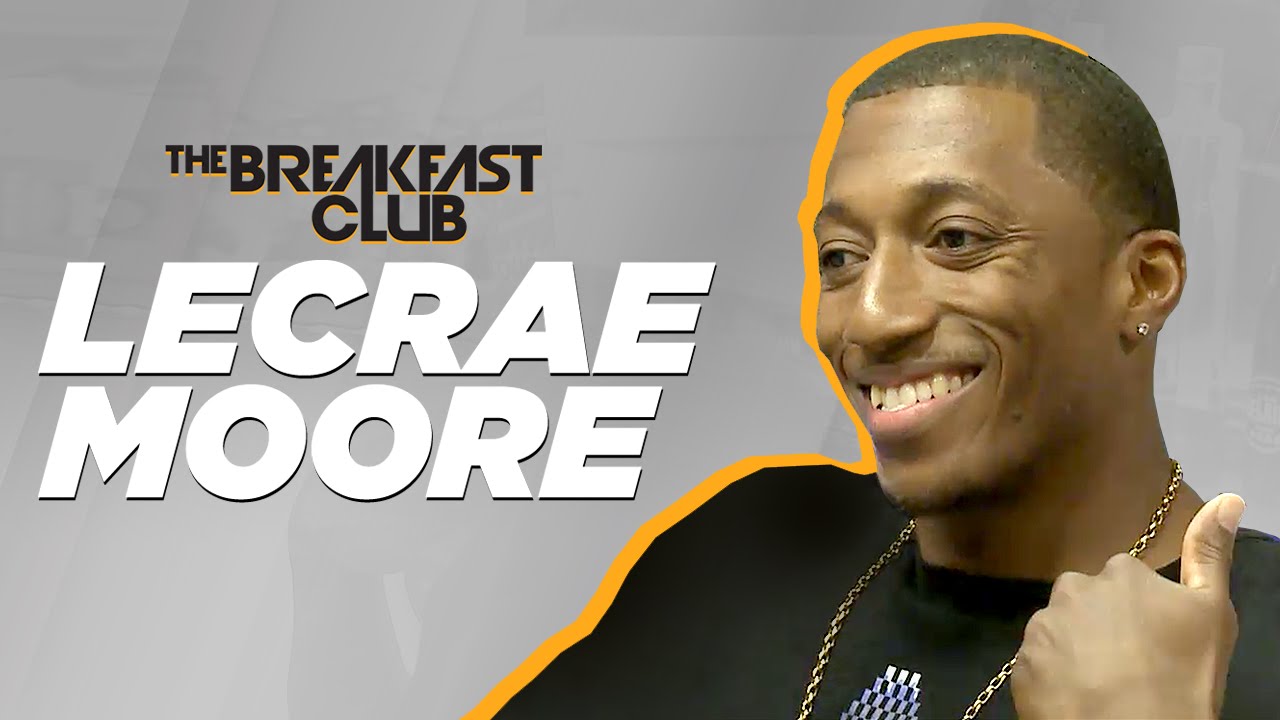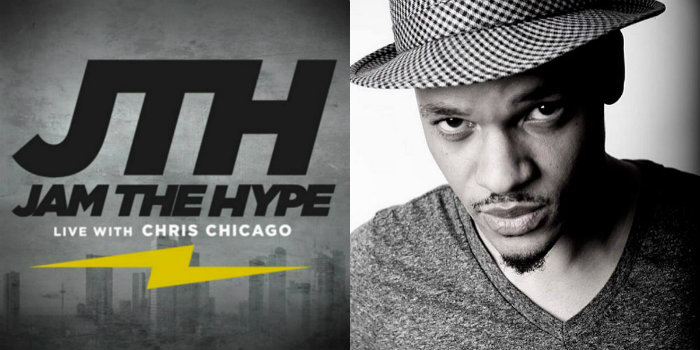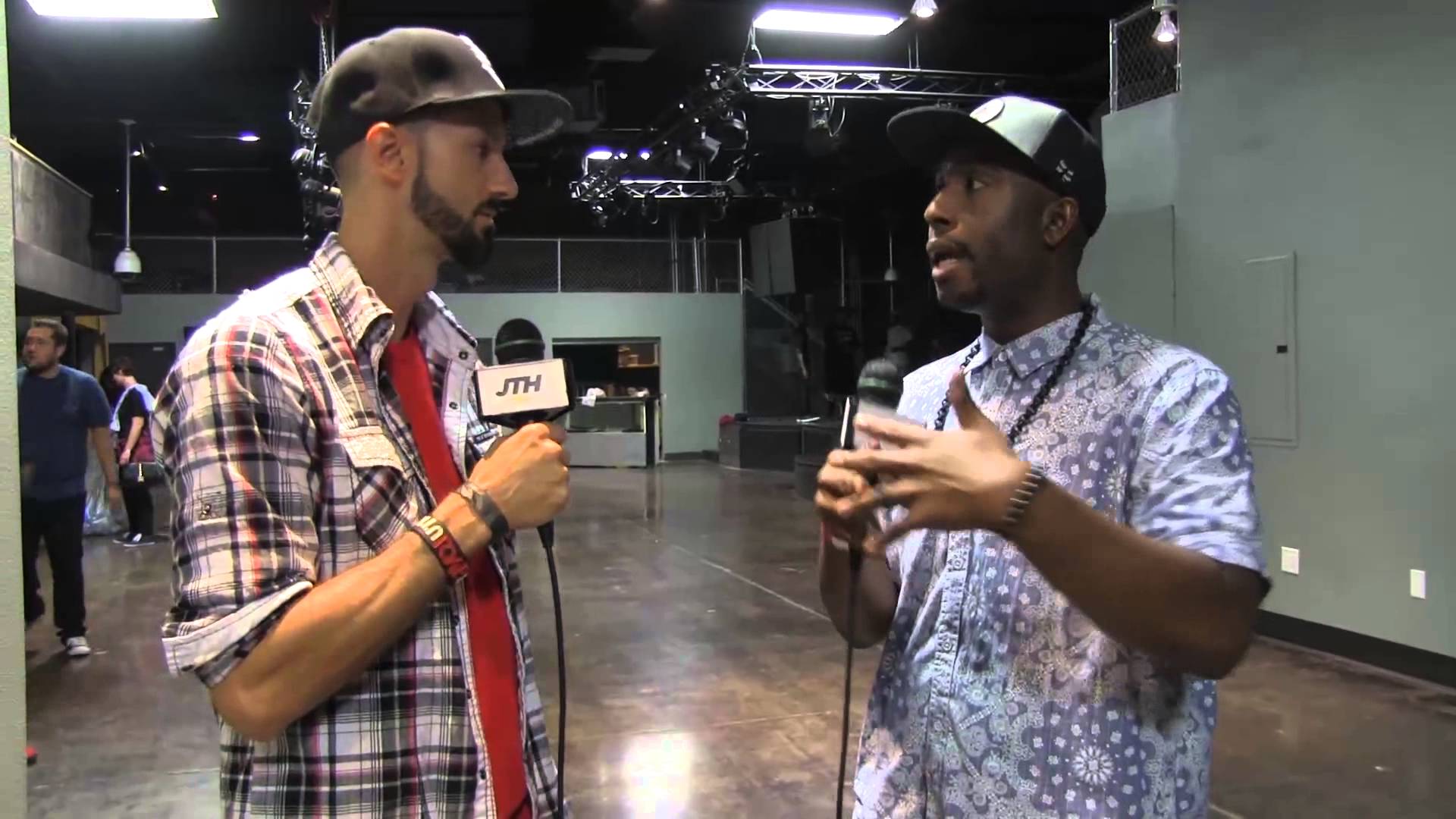“With the album, I wanted to literally create a dialogue in an amongst the church, in and amongst men, and especially those from my [West African] ethnic background about depression.”
Depression has been a part of the life of Triple O, as well as billions of people.
“On and off over the past ten years, even up until recently, I’ve had a large wrestle with depression. Not clinical, but there have been spouts. It was about two-and-a-half years ago that I sat myself down and said I wanted to go and actually deal with this and address it.”
At this time, the U.K. artist decided to start writing for an album that would be about depression. He wanted to write what could be a letter to himself and a letter to the world saying that depression needs to be talked about publicly.
“It was a kickstart to me to actually seek help and start sitting down with people who cared about me and wanted the best for me as well as wanted to help me, to start taking the necessary steps to moving forward to becoming whole.”
Zero Not Equal to One addresses the rationale that humans are always searching for something. The premise of the album is “dealing with the imbalances, the imbalance in the mind, the imbalance in the heart, the imbalance that is very much present without Christ.” Triple O says that the only way we can become balanced is through Christ, assisted by having dialogue with people around us to support us.
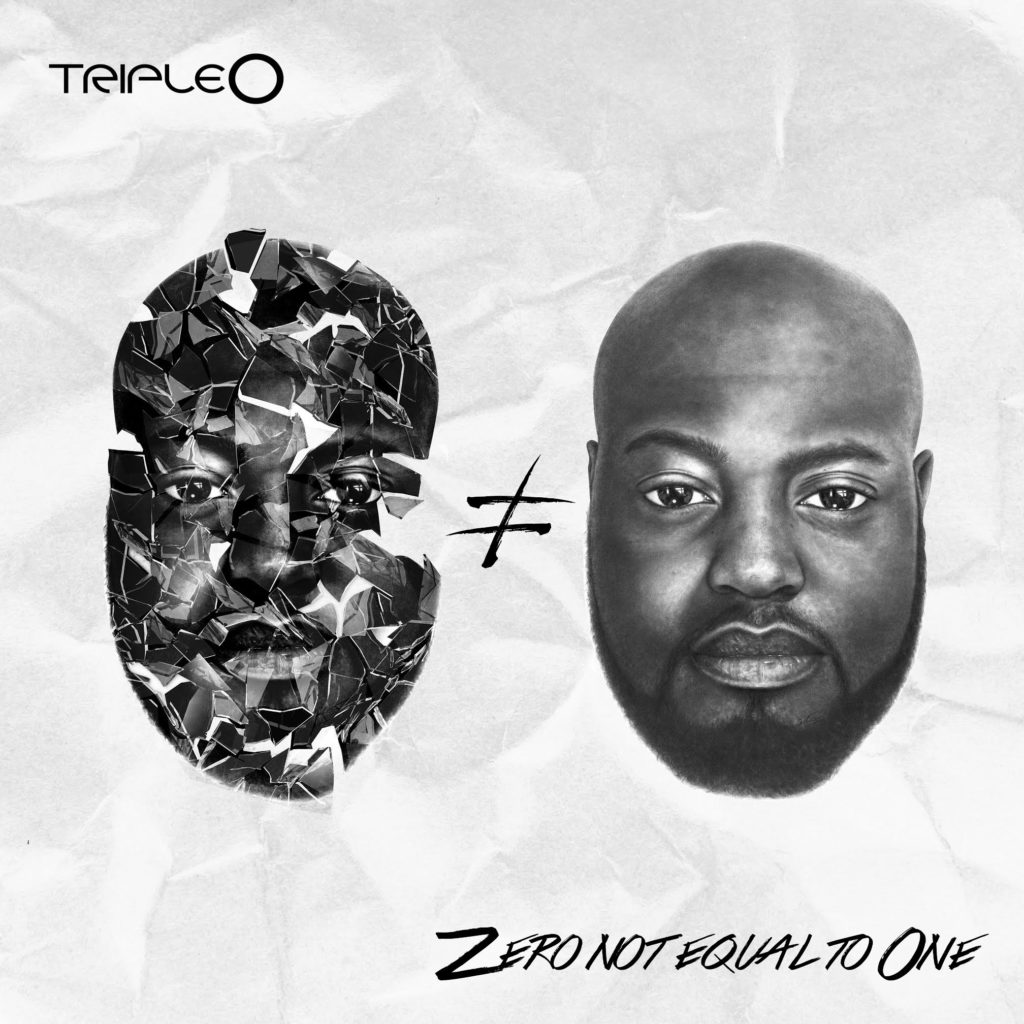
For some people, depression can be an emotional rollercoaster filled with constant ups and downs, which Triple O attempted to show in each consecutive song. “It’s the reason the music goes from one genre to another genre to another genre, because I wanted sonically to capture the emotions of an individual who is dealing with that.”
The first song on the album is called “Hole” and represents brokenness, emptiness, someone who is distressed. The beginning of the “Hole” starts with the end of the final song, “Whole,” symbolizing the cyclic nature of depression and the ups and downs of life. “We’re never going to be fully, one hundred percent whole until we go to be with the Lord, so we are going to have days where it’s going to start all over again.”
Triple O says that one of the things that happens in the mind of a person with depression is that their thought process is sporadic.
“When you listen to “Blackout,” you’re spending three minutes inside the mind of somebody who is not well put-together, and it’s very erratic.”
“I’m Not About That” follows “Blackout” and comes from a different perspective, with the reasoning of seeing how different people’s variety of perspectives can lead each of them to a place of brokenness. This song takes a detour and speaks about men and boys in gang culture in the U.K. “The reason why they engage in such activities is they’re looking for family, they’re looking for completion, acceptance, to be part of something.”
Triple O says that though he did not grow up on the streets, the temptation to that life is present to him. With the song, he says that he will not fall into the trap of gang culture because that is not part of honoring God. This leads into the following song, “To the Endz” where he tells the listener that
“you’re seeking for something but not going to find it in where you’re at. Where I’m at, I’m okay because I have Christ, but let me just talk to you as a guy, and tell you that living this lifestyle isn’t going to complete you.”
“Peace of Mind” talks about the need of being at peace and in a sound mind state before being able to be made whole. “It’s like a prayer, it’s like a confession, and its like a need, longing for this thing which seemed impossible earlier on in the album, but it’s something that I do want.”
On “Another Yesterday,” Triple O speaks about the reasons behind his own lack of peace. “I haven’t forgiven myself for things that maybe God has forgiven me for… The reason why a lot of people struggle with the things they struggle with is they just need to learn how to forgive themselves and let go of the things they are holding so close to.”
That flows into the following song “Feelings” where Triple O is sharing what is stopping him from forgiving himself, what is causing stress from the things of the world, and in summary receiving that peace of mind. He talks about personal conflicts, as well as interpersonal problems such as police brutality and racism that affect the community.
“There are the things that are causing me to feel the way that I felt, and are causing me to wrestle with the depression that I’m wrestling with.”
At the end of that song, and in the beginning of the following song, “Soon and Very Soon,” he says he wants to give up due to the burdens he faces, and is even considering suicide. “At the same time, God is saying, ‘No, don’t give up. I am going to come and get you. I am going to come and be with you, so I need you to press on…”
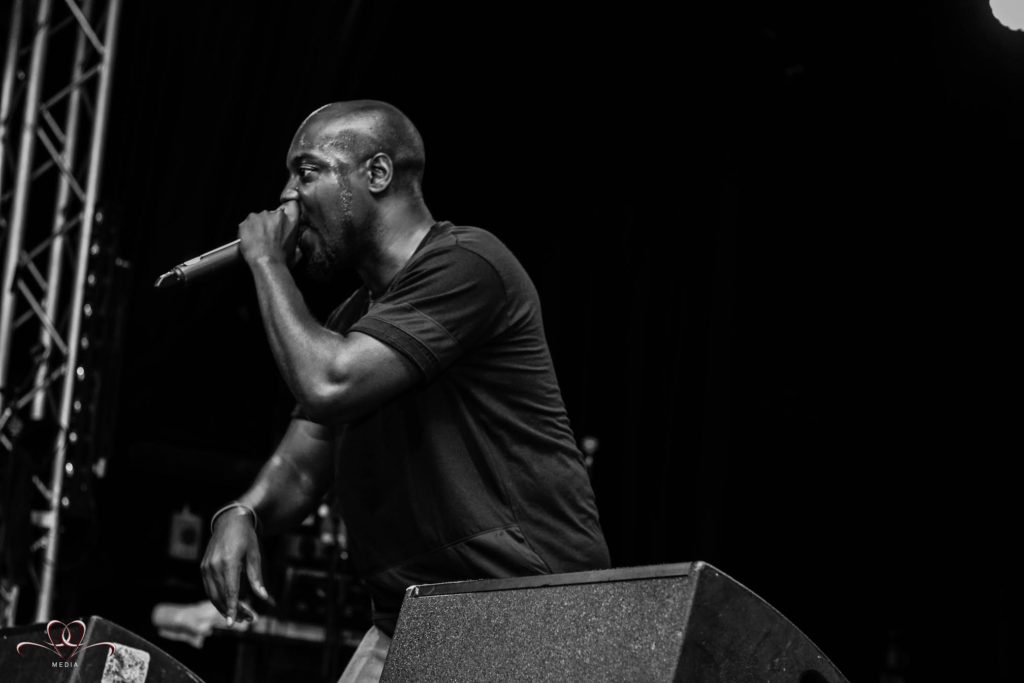
“Turn It Around” is the turning point in the album, where he faces his depression knowing that God is with him. “You know what? I have to keep going. I have to press on.” Triple O says that at this point, God transforms his perspective to hope, to endure and not give up.
As a man, he has written most of his perspective from a male’s view of depression, but on “To the Tone of Carob,” he speaks to women. Carob is a shade of skin and makeup for women of color. “I thought one issue that rarely gets addressed, especially within Christian hip-hop is racism and racism amongst the same race. For individuals who are of a darker skin complexion, they too suffer racism.” He wanted to address racism among blacks to those who have darker skin by those with lighter skin.
“The character in the song is seriously contemplating suicide, and on the third verse is concocting her own suicide potion, but then having to remind herself that we are fearfully and wonderfully made and our imperfections are what make us who we are and they are our idiosyncratic features which make us glorious in the sight of the Lord.”
“Mr” follows “To the Tone of Carob” and is about the reasoning of wrestles with the pursuit of a perfect self-image and reputation, as well as the desire of physical goods. “God is saying, ‘Look, don’t pursue these things. Keep your heart fixed on me. Keep your heart focused on me.’” Triple O says that this begins the process of restoration; people can look for wholeness and completion in anything, but will never be satisfied until they seek it in God.
Triple O says that “Polo / The Letter Zero” is him pouring out his heart to God, and leaving his burdens at the feet of Christ to be relieved of them. “Good Thing” follows that and is about pouring your heart out to your brothers and sisters in Christ. It discusses “it being a good thing to have people around you and people who can keep you and pray for you and encourage you.”
“Here I Am” is a song of worship, and is followed by “Started Again,” which is a song from the perspective of Jesus speaking to a person about getting a fresh start and a new beginning in life.
“I can make you whole. Just follow Me and stay with Me. I’ve done it. I’ve already done it what I died on the cross. I allowed you to have a new start and a new beginning.”
The final song “Blue Goodbye / Whole” is about coming back to a place of brokenness due to the hardships of life, after being restored by Christ. “This whole journey kind of continues until we go to be with the Lord [in death], that’s when the cycle is broken. That in essence is the narrative of the whole album and how everything comes around full circle.”
You can get Zero Not Equal to One on iTunes, Amazon, or Google Play, and you can listen on Spotify.
You can follow Triple O on Facebook, Twitter, and Instagram.


